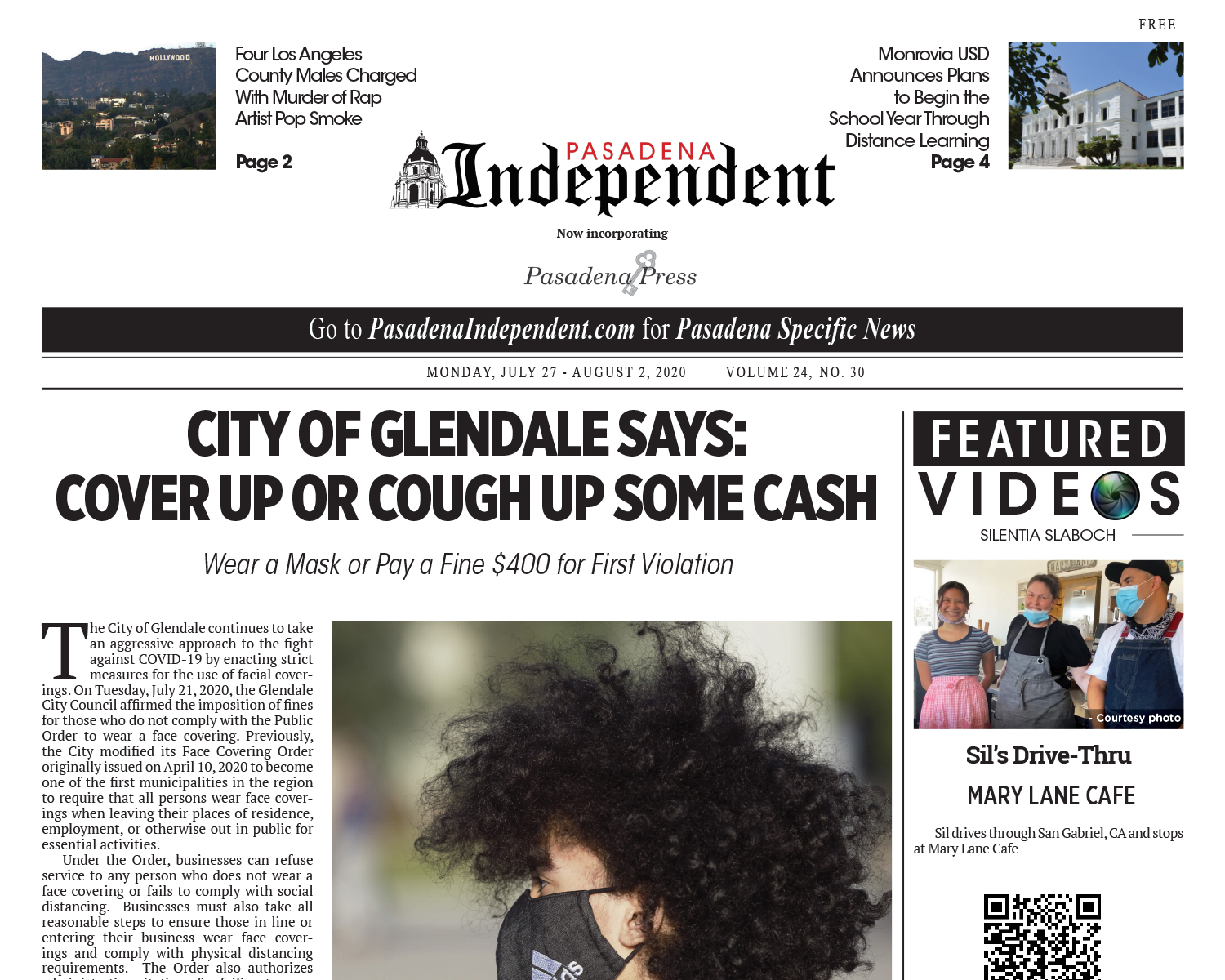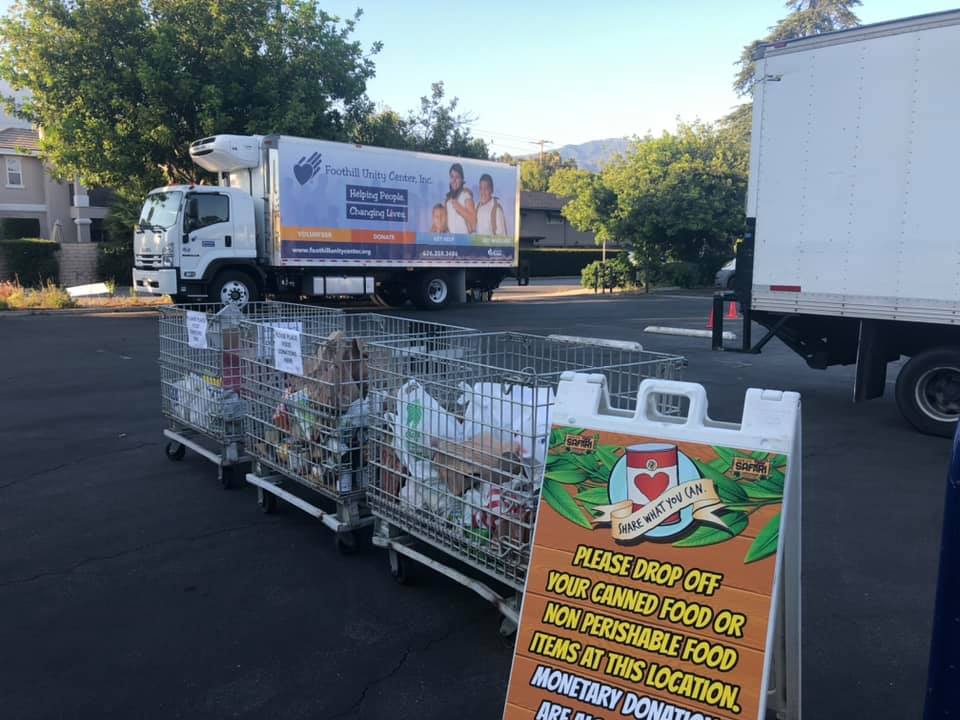
Acting on a motion by Supervisor Mark Ridley-Thomas, the Board of Supervisors unanimously approved Establishing an Antiracist Los Angeles County Policy Agenda.
“It is incumbent upon those of us who sit in positions of authority to begin dismantling systemic racial bias within the entities for which we are responsible,” Supervisor Ridley-Thomas said. “It’s no longer sufficient to support diversity and inclusion initiatives. The County has made great strides toward addressing and eliminating implicit bias; it is time to advance to the next level. The County must move to identify and confront explicit institutional racism to set the national standard and become a leader of antiracist policymaking and program implementation.”
Noting the legacy of slavery continues to disadvantage African Americans, the motion called on the Board to declare that racism is a matter of public health and to prioritize its elimination from County policies, practices, operations and programs.
The motion also called for making legislative, policy and programmatic changes to prioritize physical and mental health, housing, employment, public safety and justice in an equitable way for African Americans. Finally, it calls for tracking progress by reporting annually on the State of Black Los Angeles County.
The motion comes in the wake of the May 25 killing of George Floyd in Minneapolis that set off nationwide protests against structural racism and discrimination, asymmetrical consolidation of power, and extreme wealth and income inequity — all of which disproportionately disadvantage Black people.
The motion drew widespread support, including from:
- Curley L. Bonds, M.D., chief medical officer, Clinical Operations, Department of Mental Health, Los Angeles County.
- Christina Ghaly, M.D., director, Department of Health Services (DHS), Los Angeles County.
- Fernando Guerra, Ph.D., professor of political science and chicana/o latina/o studies and founding director of the Dorothy Leavey Center for the Study of Los Angeles at Loyola Marymount University.
- Cheryl Grills, Ph.D., professor of ssychology at Loyola Marymount University and past president of The Association of Black Psychologists.
- Sachi Hamai, chief executive officer, Los Angeles County.
- Tyrone C. Howard, Ph.D., Pritzker family endowed chair in Education to Strengthen Children & Families at the University of California, Los Angeles, and director of the UCLA Black Male Institute.
- Antonia Jiménez, director, Department of Social Services, Los Angeles County.
- Capri Maddox, Esq., MPA, executive director, Civil and Human Rights Department, City of Los Angeles.
- Manuel Pastor, Ph.D., professor of sociology / American studies & ethnicity Turpanjian chair in Civil Society and Social Change, University of Southern California.
- Alberto Retana, president and CEO, Community Coalition.
- Anthony Asadullah Samad, Ph.D., executive director of the Mervyn Dymally African American Political & Economic Institute at California State University, Dominguez Hills.
- Pastor Xavier Thompson, senior pastor of the Southern Missionary Baptist Church and a commissioner on the Los Angeles County Sheriff Civilian Oversight Commission.
The heads of various Los Angeles County departments recently issued a statement pledging to stand against racism. “We acknowledge that as government leaders, we have an opportunity to change the narrative on the role of government and its relationship to the communities it serves.”
“Collectively, the work of our departments have far-reaching impacts on all aspects of our residents’ lives, particularly in the areas of employment, land use, education, voting, housing, health, arts and museums, infrastructure, justice, veteran services, environmental protections, community services, and ensuring a fair and equitable marketplace,” they added. “We stand against racism in any form, and pledge to use our offices to advance racial and social equity, diversity, and fairness.”






